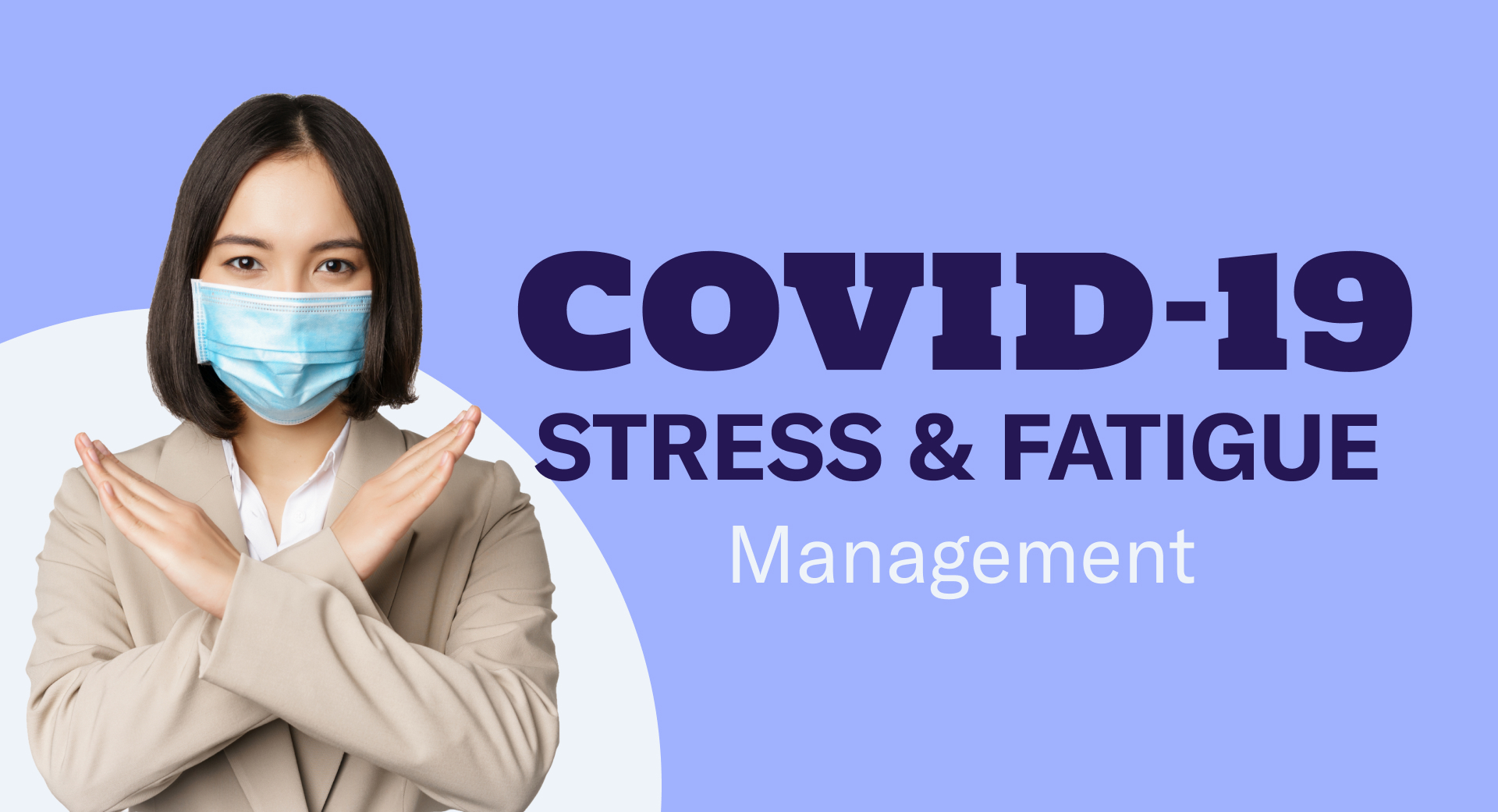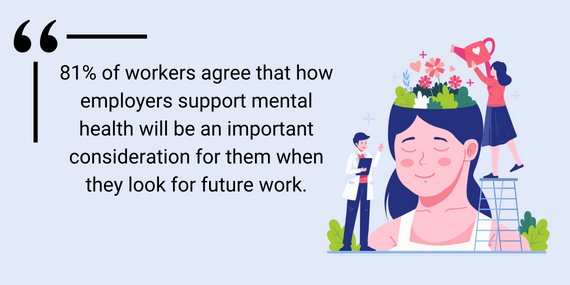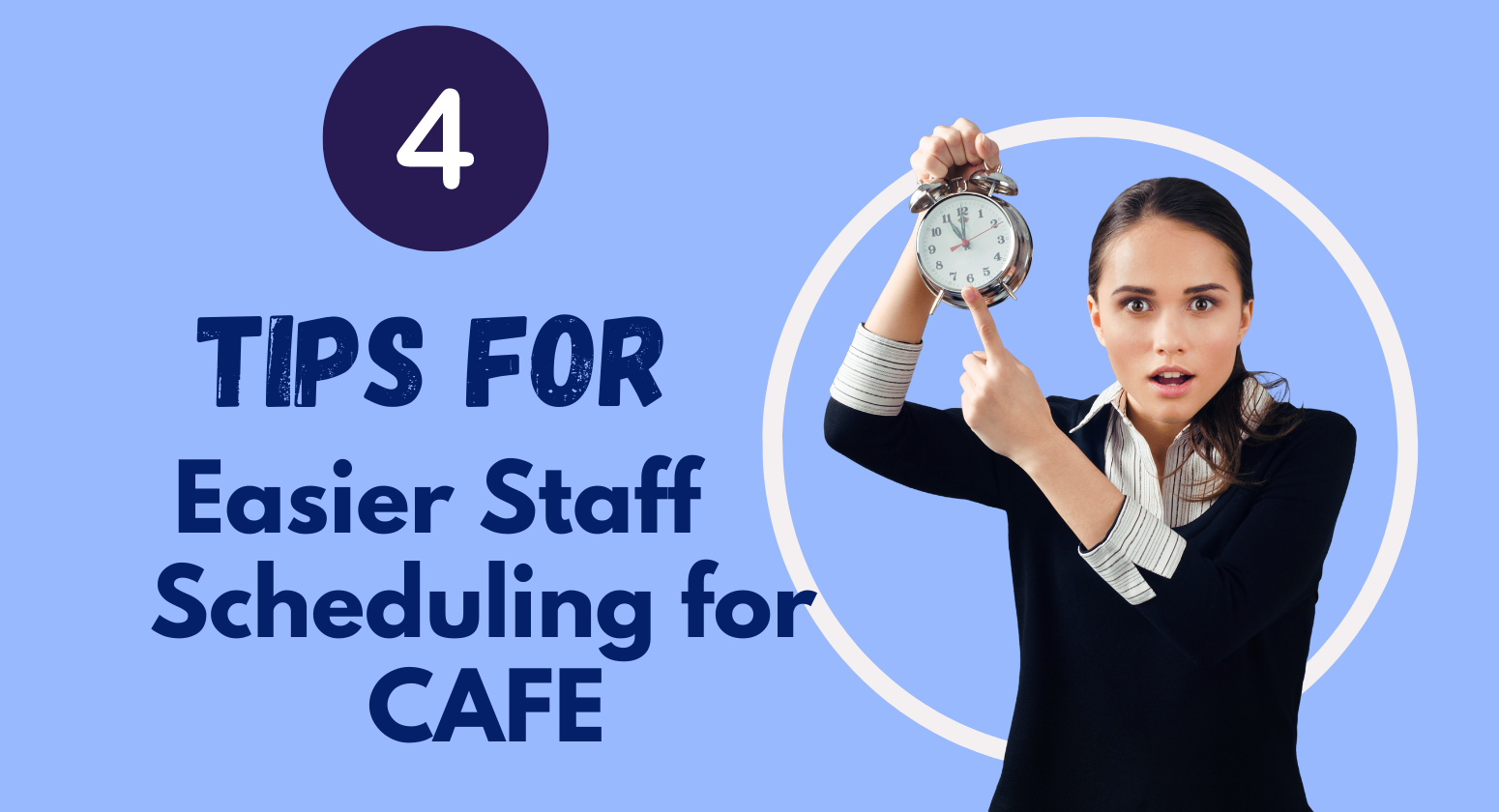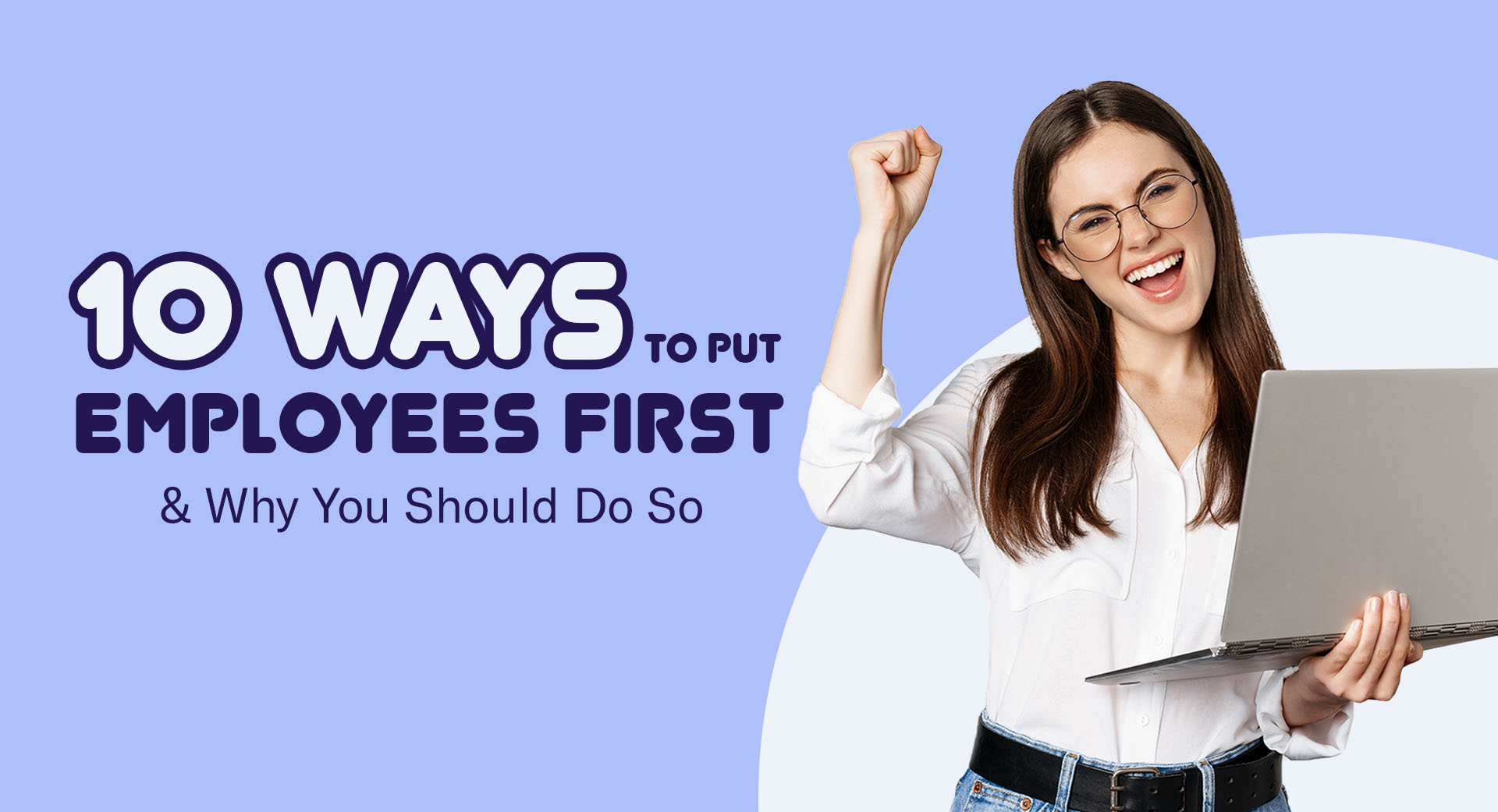
The COVID-19 pandemic 🦠 had a tremendous impact on people in many ways. From mental health to physical health, we are likely to still be seeing the effects of the pandemic for years to come.
Upon the return to some semblance of normalcy, employees may have found it challenging to transition back into an everyday work life. They may be suffering from the pressure of having lived through such an unprecedented situation and require some help with stress management.
Employers can help employees who are dealing with stress in many ways. We have looked at a few of the ways below. Read on to learn more.
6 Ways to Support Employee Wellness Post-Covid
In the post-Covid-19 world, things have changed. We have come face-to-face with the realities of living through a global pandemic, and it is pretty understandable why so many of us have probably been feeling a heightened stress level for some time.
As an employer, you will likely have experienced not only more stress in your own life but also seen how this stress has impacted your employees. We’ve consolidated our top tips for coping with stress in the workplace and helping your employees who are dealing with chronic stress below.
1. Allow Flexibility 🤸

Source: Forbes
The pandemic taught us very early on that most of us can do our jobs from home. While for some, working from home was incredibly stressful and less than ideal, for others, it provided the opportunity to spend more time with their families 👪, eat a healthier lunch 🍎, and exercise more during the day 🏃.
Many people now would at least like the option to work remotely. Indeed, 98% of employees would actually like to work from home at least some of the time. What this suggests is that offering a hybrid model to your employees could help them feel less stressed and benefit their physical and mental health.

Source: NCBI
In a survey conducted during the third wave of the COVID-19 pandemic, it was found that most workers who reported working on a hybrid model had good self-rated mental health (80.7%). On the other hand, exclusive remote work and exclusive in-person work were both associated with poorer self-rated mental health.
This suggests that a hybrid model, where employees may be in the office 2 or 3 days a week, can help to improve overall mental health. Better mental health means stronger resilience and an ability to cope with stress in more effective ways.
2. Encourage Open Communication 🗣️
Open and clear communication is crucial to being a good leader. It is also a good stress reliever! Keeping employees up to date about what you expect of them, how they are performing, and any changes that will affect them can help them feel more comfortable.
Letting staff know of changes well in advance can help them to manage their time properly. This has a significant impact on stress and helps them to avoid rushing and feeling overwhelmed. Additionally, if they are clear about their duties in their role, they will not spend time confused about who is responsible for what.
With all the changes that have occurred during the pandemic, it is no wonder that employees may feel a bit confused. Setting out clear instructions and keeping them up to date with changes as we return to normal work life can really help them deal with residual pandemic stress.
3. Implement Mental Health Benefits 🧠
Employers may feel like the health of their employees is not their concern, but many surveys have proven that workers look for employers who support their mental health when looking for work.

Source: APA
So, while you may not have previously considered it, having mental health support in the workplace can actually make you a more attractive employer to potential candidates.
In terms of COVID-19, having mental health support in place has never been more critical. When staff feel overwhelmed, having a place within the workplace or a virtual place online that they can access to speak with a professional can help them enormously.
Professional mental health support can ensure employees find ways of coping with stress and can monitor their progress.
In addition, employers can also implement other mental health activities, like wellness courses 💆, in-office meditation sessions 🧘, and social events, to ensure everyone feels supported.
Learn more about how employers can support mental health at work.
4. Encourage Breaks and Annual Leave 🏖️
Often, when employees are feeling stressed, they will neglect coffee breaks ☕ and lunchtimes. They may do this to meet deadlines or because they are feeling overwhelmed, but it is incredibly important that employees take breaks during the day.
Taking time away from your desk each day (yes, even as the boss) can help you to be more productive and focused and can help reduce stress levels. You could encourage employees to take a walk outside during breaks, as getting back into nature and feeling the fresh air is known to have a positive effect on mental health.
On top of this, encouraging employees to use their allotted annual leave time is important. Sometimes, people need more than a weekend of downtime to be performing at their best. In fact, research shows that even a short vacation can improve stress levels and overall mental well-being.
5. Understand When Someone Is Struggling 🫂
As an employer, it is good if you can see the signs when an employee is struggling. They may not know where to turn, and they may not want to speak with someone about it, but if you can educate yourself on the symptoms and signs of chronic stress and burnout, you may be able to reduce workloads and speak with stress-out employees.
There are many signs of a stressed out team, including the following.
- Arguments between colleagues
- High staff turnover
- Increased sickness and absence
- Decreased performance levels
- More complaints
The signs that individual workers are stressed out include the following.
- Taking more time off than usual
- Arriving late for work often
- Acting more nervous
- Mood swings
- Becoming withdrawn
- Loss of motivation, commitment and confidence in their work
- Increase in emotional reactions, like being more tearful or aggressive
6. Implement Fitness and Other Health Incentives 🏋️

Source: NCBI
Physical health can have a significant impact on mental health and vice versa. Many studies have linked the two, showing that when one is poor, the other tends to suffer too. As an employer, you can use this information to help improve the mental well-being of your team.
Implementing fitness and health incentives in the workplace can help to get people moving, eating healthier, and feeling better overall. Try introducing options like cycle-to-work schemes 🚴, healthy snacks in the break room to encourage a healthy diet 🍏, and seminars on living an overall healthier life 💪.
Why Do I Need to Help Employees Reduce Stress Levels?

Source: NCBI
Stress is a natural response to danger, but while the fight-or-flight response is incredibly beneficial when we’re running from a lion 🦁 or about to go into an exam, chronic stress can be detrimental to the body and mind.
Chronic stress is when the nervous system is in a constant state of fight or flight. It can impact everything from your mindset to your immune system. As an employer, having employees who are chronically stressed can seriously impact your bottom line.
Work-related stress can actually lead to lower productivity levels, more risk of human error, high staff turnover, poor performance, and increased absenteeism. To improve the performance of your company overall, it is in your best interests to help employees reduce stress levels post-COVID-19.
Final Thoughts
The COVID-19 pandemic was an unprecedented situation that seriously affected the mental health of many people around the world. Supporting your workers post-pandemic is crucial to productivity and overall performance as a company. Follow the tips we have set out to reduce the stress levels of your workforce today.
Find out more about how mytommy can help you to improve employee wellness now.





